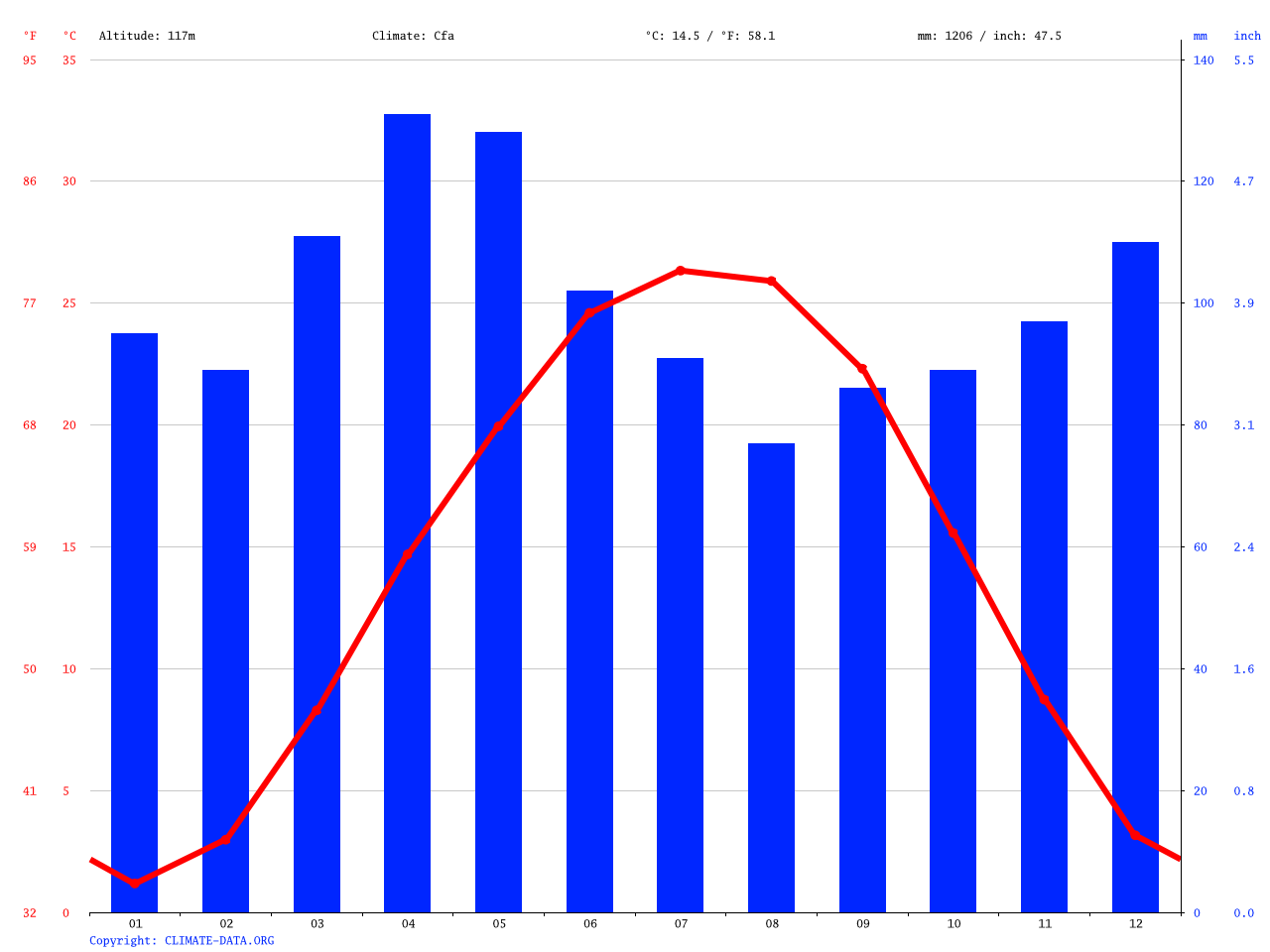Weather Patterns and Trends

Evansville weather – Evansville, Indiana, experiences a humid continental climate characterized by hot, humid summers and cold, snowy winters. The city’s location near the Ohio River significantly influences its weather patterns, leading to frequent precipitation and occasional flooding.
Evansville’s weather can be unpredictable, but one thing is for sure: it’s always changing. Just like the ever-evolving landscape of nearby Mt. Vernon, Indiana , the skies above Evansville are constantly shifting, offering a dynamic and ever-changing canvas for those who take the time to observe them.
The Ohio River acts as a heat sink during the summer, absorbing heat from the sun and releasing it slowly at night. This effect moderates summer temperatures, making them less extreme than in inland areas.
Evansville’s weather is unpredictable, but one thing is for sure: hurricanes can bring torrential rain and strong winds. If you’re concerned about Hurricane Beryl, you can track its progress live at hurricane beryl tracker live. The site provides up-to-date information on the storm’s path and intensity, so you can stay informed and make the necessary preparations.
Back to Evansville’s weather, it’s essential to be prepared for any type of weather condition, especially during the summer months.
Temperature
- Average temperature in January: 31.5°F (-0.3°C)
- Average temperature in July: 79.3°F (26.3°C)
- Record high temperature: 106°F (41.1°C)
- Record low temperature: -23°F (-30.6°C)
Precipitation
- Average annual precipitation: 45.28 inches (115 cm)
- Most precipitation occurs in May and June
- Least precipitation occurs in February
Humidity
- Average annual humidity: 73%
- Humidity is highest in the summer months
- Humidity is lowest in the winter months
Seasonal Variations

Evansville’s climate is characterized by distinct seasonal variations, each offering a unique blend of temperature, precipitation, and wind patterns. Understanding these variations can help you plan your visit to maximize your enjoyment of the city’s outdoor attractions and activities.
Spring
Spring in Evansville arrives in late March, bringing with it a welcome respite from the cold winter months. Temperatures gradually rise, averaging between 45°F (7°C) and 70°F (21°C), with occasional warm spells reaching into the 80s Fahrenheit (27°C). Precipitation increases during this season, with an average of 4 inches (10 cm) of rain per month. The skies are often partly cloudy, allowing for ample sunshine and occasional showers. Wind speeds are generally moderate, ranging from 10 to 15 mph (16 to 24 km/h).
Summer
Summer in Evansville is a time of intense heat and humidity. Temperatures soar, averaging between 75°F (24°C) and 90°F (32°C), with occasional heat waves reaching into the triple digits (over 100°F or 38°C). Precipitation decreases during this season, with an average of 3 inches (7.6 cm) of rain per month. Thunderstorms are common, especially in the late afternoon and evening. Wind speeds are generally light, ranging from 5 to 10 mph (8 to 16 km/h).
Autumn
Autumn in Evansville is a season of transition, as the days grow shorter and the temperatures cool. Temperatures gradually decrease, averaging between 55°F (13°C) and 75°F (24°C), with occasional cold spells dipping into the 40s Fahrenheit (4°C). Precipitation increases again, with an average of 4 inches (10 cm) of rain per month. The skies are often overcast, with occasional sunny spells. Wind speeds are generally moderate, ranging from 10 to 15 mph (16 to 24 km/h).
Winter
Winter in Evansville is a season of cold and snow. Temperatures drop significantly, averaging between 25°F (-4°C) and 40°F (4°C), with occasional cold snaps dipping into the single digits Fahrenheit (-12°C). Precipitation decreases during this season, with an average of 2 inches (5 cm) of rain or snow per month. Snowfall is common, with an average of 10 inches (25 cm) per year. Wind speeds are generally moderate, ranging from 10 to 15 mph (16 to 24 km/h).
Best Time to Visit
The best time to visit Evansville depends on your preferences and the activities you plan to engage in. If you prefer warm weather and outdoor activities, spring and autumn are ideal, with pleasant temperatures and less precipitation. Summer can be uncomfortably hot and humid, while winter can be cold and snowy. However, if you enjoy winter sports or festive holiday events, winter can be a magical time to visit Evansville.
Weather Forecasting and Impact: Evansville Weather
Evansville’s weather forecasts are generally reliable, thanks to advanced technology and the expertise of local weather stations and the National Weather Service. These organizations use sophisticated weather models and data analysis to predict upcoming weather conditions with increasing accuracy.
Role of Local Weather Stations and the National Weather Service, Evansville weather
Local weather stations, such as the Evansville Regional Airport Weather Station, collect real-time weather data, including temperature, humidity, wind speed and direction, and precipitation. This data is then transmitted to the National Weather Service (NWS), which uses it to create weather forecasts and issue severe weather alerts. The NWS also provides specialized forecasts for specific areas, such as marine forecasts for the Ohio River.
Tips for Staying Informed and Prepared
To stay informed about severe weather events, it’s essential to monitor weather forecasts regularly. Local news channels, weather apps, and the NWS website provide up-to-date information and alerts. Additionally, having an emergency plan in place and knowing what to do in the event of severe weather can help ensure safety.